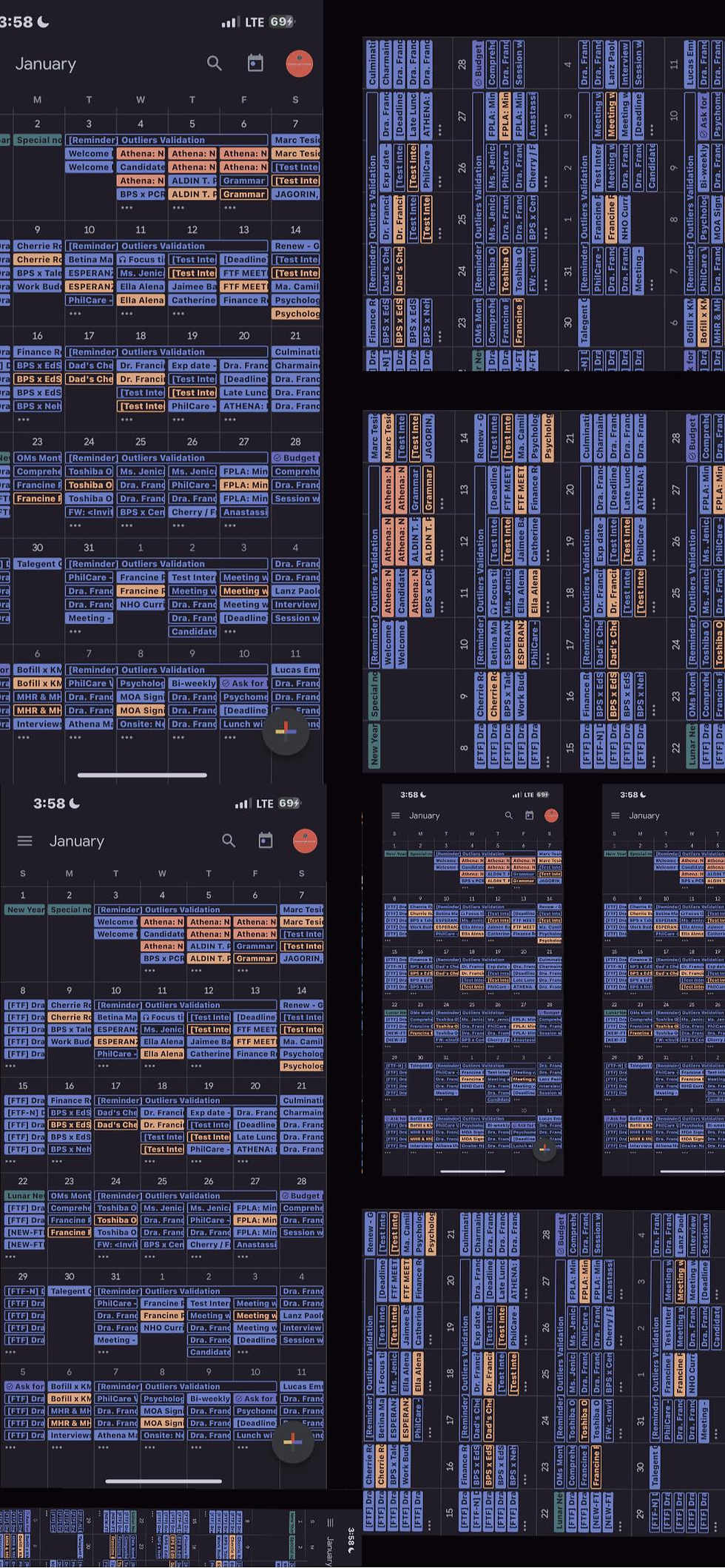"Social Media Detox to Protect our Mental Health."
- Joseph Condat
- Nov 17, 2021
- 2 min read
Updated: Apr 4, 2022
It is undeniable that the COVID-19 Pandemic has a significant effect on our lives and massive changes in our daily routines. Our new normal consists of online classes lack physical contact, and many chances to use social media to ease our boredom. However, a study by Hunt et al. (2018) stated that there is an association between the use of social media and poor outcomes on physical and mental well-being, which is why a social media detox might be what you need to take care of your mental health.
So why do we need to take a break from using social media? A study by Pantic et al. (2012) shows that too much use of social media correlates with increased depression and a negative impact on self-esteem. This is because we often compare ourselves and envy things that we see on social media, such as the freedom to walk around without masks or face shields or people who can travel and take vacations. Furthermore, it is not uncommon for us to see toxic behaviors on social media, such as trolls and fake news, which is why it is also vital for us to get the news from reputable sources to avoid unnecessary anxiety and panic. Lastly, our mental health is not the only aspect that social media is affecting, as it affects our physical health too. A study by Nasirudeen et al. (2017) found that heavy usage of social media could negatively affect sleep quality as it can cause vision problems and headaches.
Finally, we must look after our mental health, especially now that we spend most of our time isolated at home. Detoxing from social media can be difficult at first. However, we should make mental health a higher priority in order to avoid unneeded tension, anxiety, and panic and to maintain a healthier mental state.
REFERENCES
Hunt, Melissa & Young, Jordyn & Marx, Rachel & Lipson, Courtney. (2018). No More FOMO: Limiting Social Media Decreases Loneliness and Depression. Journal of Social and Clinical Psychology. 37. 751-768. 10.1521/jscp.2018.37.10.751.
Pantic, I., Damjanovic, A., Todorovic, J., Topalovic, D., Bojovic-Jovic, D., Ristic, S., & Pantic, S. (2012). Association between online social networking and depression in high school students: behavioral physiology viewpoint. Psychiatria Danubina, 24(1), 90–93.
Nasirudeen, A. M. A., Lee Chin Adeline, L., Wat Neo Josephine, K., Lay Seng, L., & Wenjie, L. (2017). Impact of social media usage on daytime sleepiness: A study in a sample of tertiary students in Singapore. DIGITAL HEALTH. https://doi.org/10.1177/2055207617699766




Comments